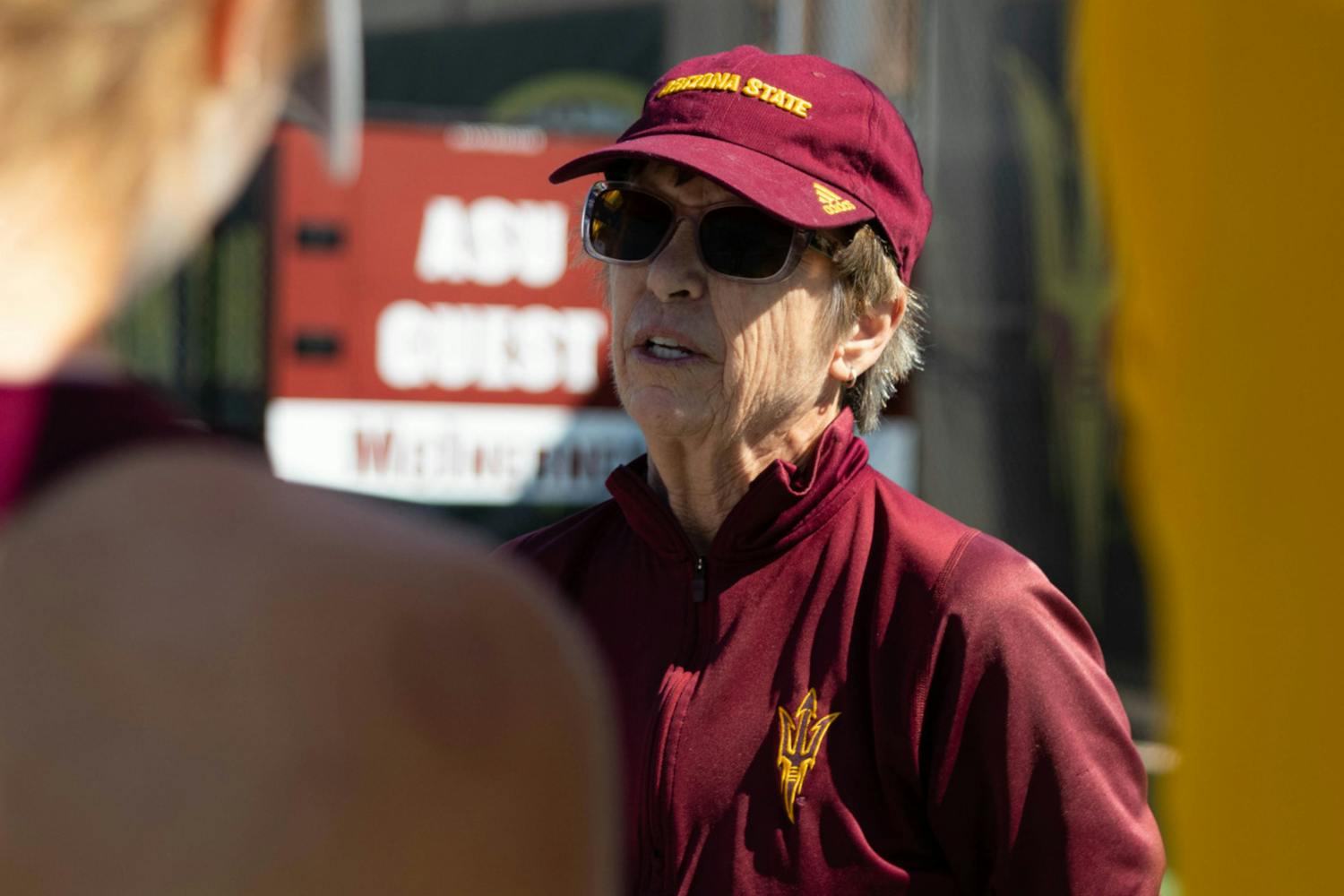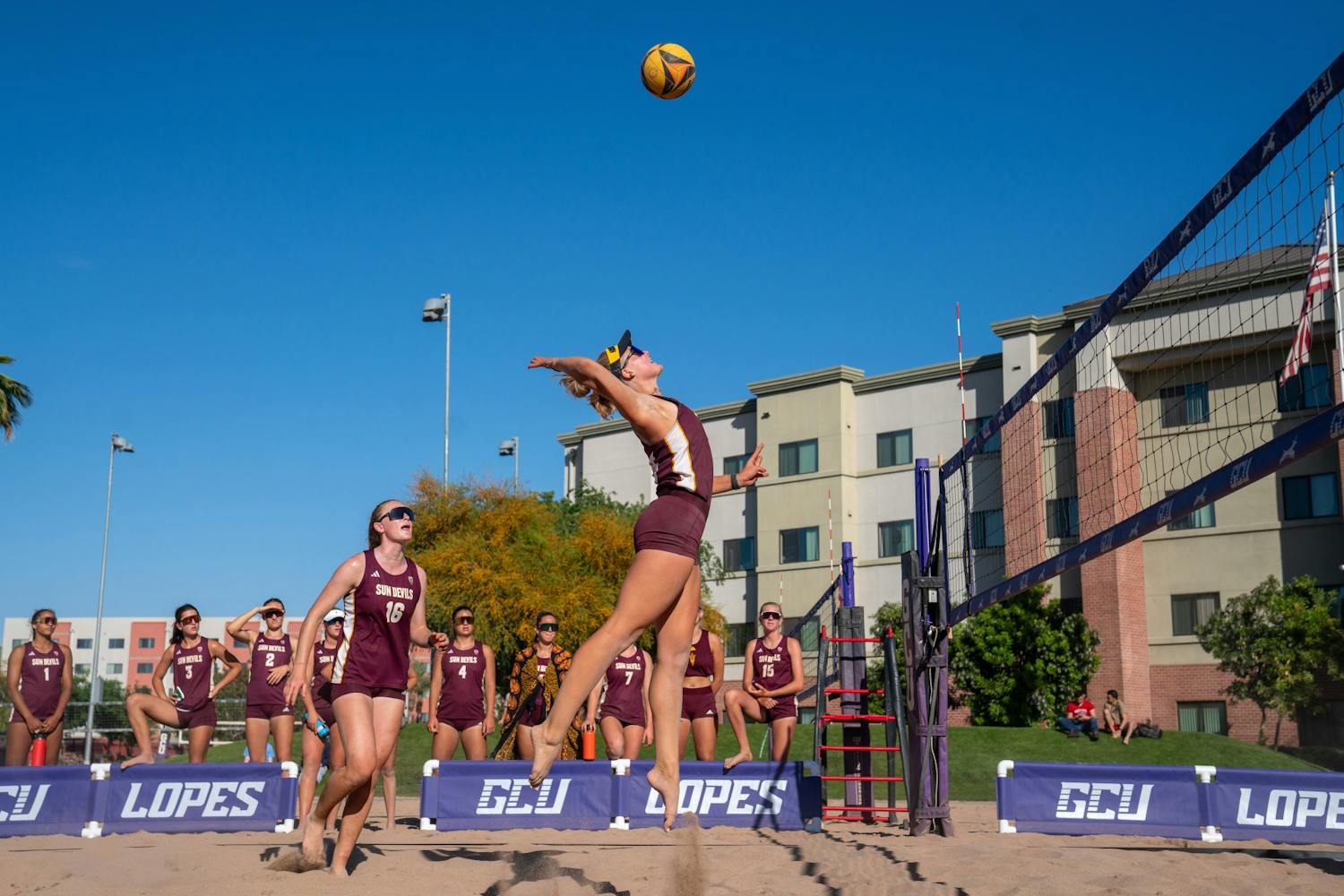Johnny Manziel lit the college football world on fire last season with more force and excitement than Jadeveon Clowney's Sugar Bowl tackle. He was a dual threat quarterback with a nickname any red-blooded American could love, and he even beat Alabama.
As a redshirt freshman, Manziel won the Heisman Trophy, led his team to a 12-2 record and demolished Oklahoma in the Cotton Bowl.
But for as high as Manziel's stock was at the end of last season, this offseason has seen public opinion of him plummet thanks to several undesirable news stories.
Most recently, Manziel has been accused of profiting from selling signed merchandise, a violation of NCAA regulations.
While Manziel should be suspended if found guilty of these accusations, the issue has also brought to light the fact that these rules are outdated and should be changed.
It is time college athletes are permitted to make their fair share of profits from their success.
To best understand Manziel's situation, you have to consider his quick rise and subsequent fall in the public eye.
Manziel won a good bit of fame from his remarkable 2012 campaign. People printed T-shirts and hats, branded slogans and shouted his moniker, "Johnny Football," to anyone who would listen.
But as great as his 2012 season was, his offseason was the polar opposite.
Manziel got sent home from the Manning football camp under speculation that he showed up late and hung over, which he later denied. Then, video surfaced of him getting thrown out of a University of Texas at Austin frat party a few weeks later.
People branded Manziel an uncontrollable party kid who is throwing away his fame, and his stock plummeted in the eyes of many college football fans.
Now, rumors are swirling that Manziel was paid $7,500 for selling his autograph to sports memorabilia collectors, and the Aggies' quarterback is seeing the perception of him take another hit.
College players are considered to be amateurs and are thus not allowed to make a profit off their athletic success, or so says the NCAA.
If it is proven that Manziel was paid for autographs he signed, he will likely be facing NCAA sanctions. Similar allegations essentially ended the college career of The Ohio State University quarterback Terrelle Pryor a few years ago.
In the wake of these accusations, many have stepped forward to defend Manziel, even if he did take the money.
Many college football pundits argue that collegiate athletes risk their own personal health every time them step onto the field.
Those years and seasons of healthy playing could have been for a professional team, enabling athletes to make a living, but instead they toil for two or three years as "amateurs" and are unable to make money.
This risk-for-little-reward concept has many believing that amending the NCAA rules to allow college athletes to make money for their fame would not only be reasonable but also fair.
And right now, few college players have more fame than Manziel.
Texas A&M; sells "Johnny Football" T-shirts, No. 2 jerseys on its website and thousands of game tickets to fans who are coming out to see Manziel light up the opposing defense.
But while the University profits off its quarterback's fame, the player himself can't touch a single cent, lest he be punished by the NCAA.
So what's so wrong with Manziel and other players earning a few bucks?
Being paid for games played could be a little bit excessive, but a few thousand dollars here and there for an autograph session, an endorsement deal or a percentage of the profits earned from merchandise in all likeness isn't that unthinkable. Especially considering the health risks they endure.
That risk is more prevalent for a game as violent as football, where every snap could be a player's last. One awkward tackle or violent hit could tear an ACL, break an arm or worse. Then that's it.
It isn't fair that these players have to go out every day and risk their personal health for the chance to play in the pros while they are wasting peak money-making years.
That being said, the rule is very clear: If you play sports in college, you do not make money off that athletic success. According to the NCAA, your sports career is not a job, it is a glorified extracurricular activity.
Therefore, if Manziel did make money for selling autographs, he should be suspended. He broke the rules and that's what happens, even if the rule he broke is archaic in the grand scheme of things.
Hopefully, as the NCAA's critics continue to speak out about this rule, it changes and allows these kids to get a share of the money brought in for their success.
Reach the columnist at icbeck@asu.edu or follow him on Twitter @icbeck21



